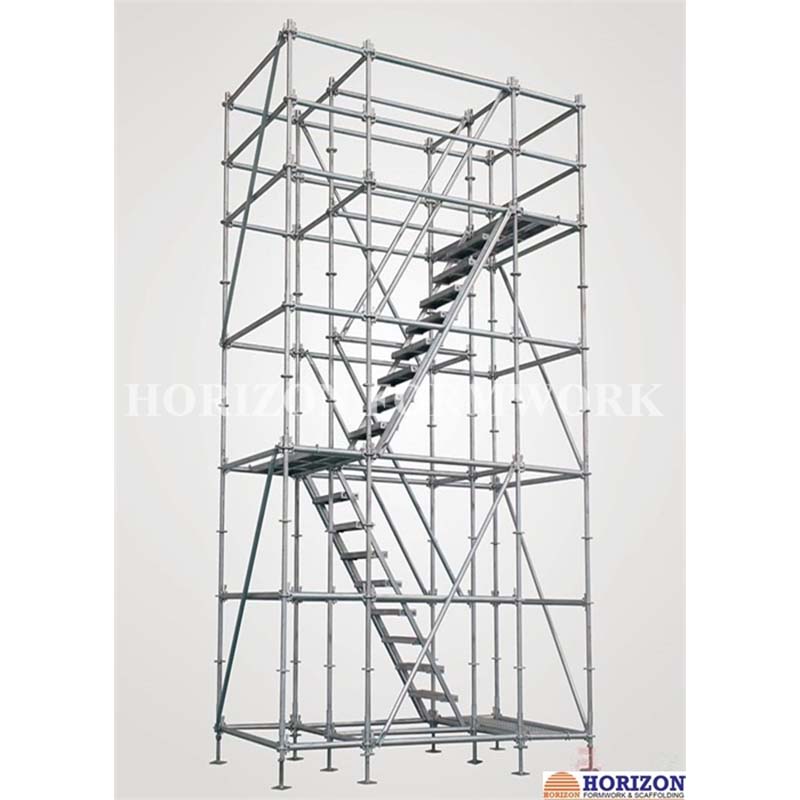Sen . 30, 2024 12:19 Back to list
Temporary Wooden Formwork Supplier for Construction Projects and Renovations
The Role of Temporary Wooden Formwork in Modern Construction
In the world of construction, formwork plays a pivotal role in shaping concrete structures. Among the various types of formwork, temporary wooden formwork has gained popularity due to its cost-effectiveness, versatility, and ease of use. As a temporary wooden formwork manufacturer, understanding the intricacies of creating and utilizing this essential construction material is critical to meeting industry demands and ensuring project success.
What is Temporary Wooden Formwork?
Temporary wooden formwork refers to the temporary structures used to hold freshly poured concrete until it reaches sufficient strength to support itself. Typically made from plywood, timber, and engineered wood products, this formwork system is specifically designed for the short-term support of concrete during the initial curing phase. Once the concrete has set, the formwork can be dismantled and reused, making it a sustainable choice in construction.
Advantages of Temporary Wooden Formwork
1. Cost-Effectiveness One of the most significant advantages of using wooden formwork is its affordability. Compared to metal or plastic formwork systems, wood is generally less expensive and more accessible. This cost-effectiveness allows construction companies to allocate resources more efficiently, especially for projects with tight budgets.
2. Versatility Wooden formwork is incredibly versatile, capable of accommodating various shapes and sizes. Whether constructing walls, slabs, columns, or unique architectural features, wooden formwork can be custom-fabricated to meet the specific requirements of any project. This adaptability is a significant benefit for construction teams dealing with diverse construction styles and designs.
3. Ease of Handling and Installation Wooden formwork is relatively lightweight, making it easier to transport and assemble on-site. Construction workers can quickly set up and dismantle the formwork, reducing labor time and increasing overall project efficiency. This ease of handling is particularly valuable for small to medium-sized contractors who may not have access to heavy machinery.
4. Sustainable Practices As the construction industry moves towards more sustainable practices, wooden formwork offers an environmentally friendly option. Wood is a renewable resource, and when sourced responsibly, its use in formwork aligns with green building practices. Furthermore, the ability to reuse and recycle wooden formwork contributes to minimizing waste in construction projects.
The Manufacturing Process
temporary wooden formwork manufacturer

As a temporary wooden formwork manufacturer, creating high-quality products involves several critical steps
1. Material Selection The choice of high-grade plywood, lumber, or engineered wood products is crucial for ensuring the strength and durability of the formwork. Manufacturers must consider factors like moisture resistance and load-bearing capacity.
2. Design and Customization Each construction project has unique requirements. Therefore, manufacturers often work closely with contractors and architects to design custom formwork solutions that meet specific project needs.
3. Quality Control Ensuring that the manufactured formwork adheres to safety and quality standards is imperative. Rigorous testing and inspections are necessary to ensure that the formwork can handle the concrete's weight and forces while maintaining stability.
4. Finishing and Coating Applying protective coatings can enhance the longevity of wooden formwork. Finishes can also help in reducing the adhesion of concrete, making it easier to remove once it has set.
Future Trends
As construction techniques evolve, so does the formwork industry. With technological advancements and innovative materials, the future of temporary wooden formwork manufacturing is bright. Manufacturers are exploring hybrid systems that combine wood with other materials, enhancing properties like durability and resistance to environmental factors.
Moreover, the integration of digital technologies in design and production processes is paving the way for more efficient and precise manufacturing practices. This digital transformation not only streamlines operations but also enables manufacturers to provide tailored solutions to meet the specific needs of their clients.
Conclusion
Temporary wooden formwork remains an essential component in contemporary construction practices. As a dedicated temporary wooden formwork manufacturer, the focus should be on quality production, sustainability, and adapting to the ever-changing demands of the construction industry. By embracing innovation and adhering to high standards, manufacturers can significantly impact the efficiency and success of construction projects across various sectors.
-
Premium Ringlock Scaffolding | China Manufacturer & Supplier
NewsAug.19,2025
-
Efficient Table Formwork for Fast Slab Construction & Reusability
NewsAug.18,2025
-
Timber Beam H20 Formwork & Shuttering - Durable & Reliable
NewsAug.17,2025
-
Timber Beam H20: Premium Formwork & Shuttering Solutions
NewsAug.16,2025
-
Premium H20 Timber Beam for Formwork & Slab Shuttering
NewsAug.15,2025
-
China Single Sided Wall Formwork: Fast, Flexible Solutions
NewsAug.14,2025